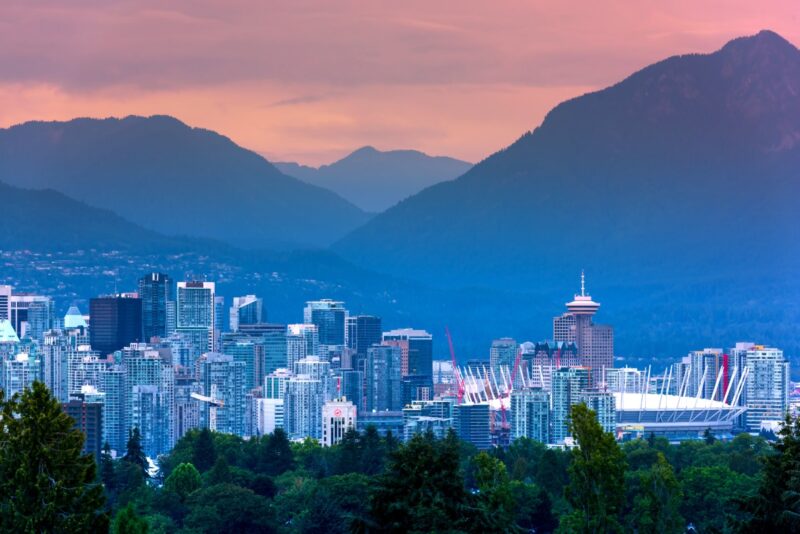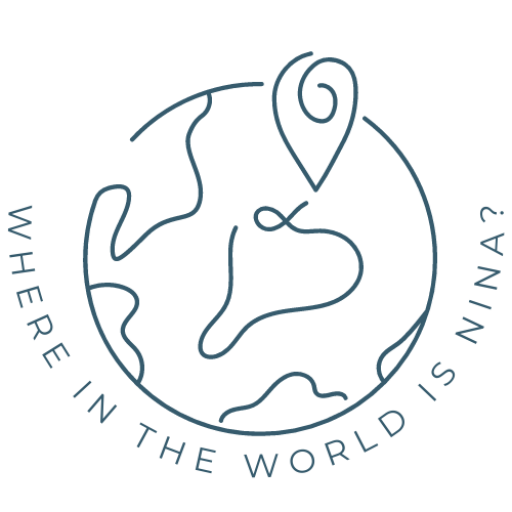Practical Tips for Relocating to Canada
Feature Photo by Skitterphoto on Pixabay
Relocation divides people in their opinions about whether it is a simple or difficult process. Some relocatees might say that it’s a piece of cake while others say it’s a pretty daunting experience. However, everything is much simpler when you’re a skilled professional and know that your experience is invaluable.
There are many places for relocation. Canada has been renowned for its welcoming attitude and high quality of life. Most importantly, it opens a world full of nice opportunities and a stable environment for professionals.
Relocation doesn’t start with air tickets. It starts with research. That’s why we’re going to provide some tips for relocating to this country.
Table of Contents
Understanding the process of immigration
Seasoned specialists can take advantage of several immigration pathways. You can choose the following systems:
- Express Entry system;
- The PNP.
The first program is about taking crucial factors into account. Specialists consider factors such as age, education, work-related experience, language fluency, and adaptability. The PNP is another route that allows provinces to make nominations for specialists who can contribute to their local economy.

Both programs have their peculiarities. Thus, every relocatee can assess them and choose the one that suits their qualifications and goals. As part of the whole process, you should gather all the documents. You should have the following documents at hand:
- Educational credentials;
- Work experience letters;
- Language test results (English or French).
READ MORE: How to Move From The US to Canada
Preparing financially
There’s no surprise that relocation involves considerable expenses. There’s a cost for everything starting from application fees to moving costs and settling in a new home. And it’s not just for your peace of mind. The government also requires proof of funds. Thus, it becomes obvious that you can support yourself and your loved ones.
As of this year, if you’re single, you need to have CAD 14,700 minimum. If you’re relocating with your family (3 members), you need to have CAD 22,500 minimum. Whenever the time comes for relocation, you should check the actual figures as they change regularly.
Choosing appropriate housing
As Canada is not a tiny island but vast in size, it’s crucial where you choose to settle. Some people first choose a region and then start researching job opportunities, cost of living, etc. Other relocatees do vice versa. They assess regions according to different factors and then make a decision.
Depending on the specific industry you have experience in, you can pay attention to the following areas:
- Toronto and Vancouver are known for finance, creative, and tech industries;
- Calgary and Edmonton are renowned for oil and gas sectors;
- Montreal is a center for AI, creative arts, and aerospace.
- Halifax and other Atlantic provinces offer growing job opportunities in education and healthcare.
Weather and housing considerations
Surely, there are plenty of newcomers who plan to rent housing. If individuals can change rentals from time to time if something is bothering them, then families need to rent proper housing from the start.
That’s why it is vital to consider not just the rental cost of apartments or houses but also proper design and refurbishments. Here’s what you need to pay attention to:
- Insulation. Winters in Canada can be harsh. Thus, you should opt for housing with double-glazed windows and well-sealed doors. It’s not only about maintaining warmth but also about reducing energy costs;
- Recent refurbishments. Recently refurbished places are more likely to meet your standards for safety and comfort. You should pay attention to housing with newly updated kitchens, the best bathroom windows, and refurbished flooring;
- Proximity to amenities. As your funds can be limited, you should look for the best quality-value ratio in terms of proximity to amenities. It’ll be much easier if there’s a school for your kids and grocery shops nearby.
READ MORE: What’s It Like Living and Working in Canada?
Build your professional network
Nowadays, it’s much easier to connect with professionals in your field regardless of your whereabouts. You can start networking from your homeland by visiting virtual job fairs. Moreover, you can take advantage of LinkedIn to connect with experts in your field.
As soon as you relocate, networking should continue. You can join industry-specific associations, workshops, and job fairs in person. Additionally, you can reach out to ISANS or TRIEC which offer mentorship programs, career workshops, and job placement services for relocatees.
Getting additional certification or licensing
Depending on the country you live in, your qualifications may be recognized in other states. However, some specialists in Canada may need additional certification and licensing. For instance:
- Healthcare specialists, including pharmacists, nurses, and doctors need to pass exams and obtain licenses;
- Engineers must register with provincial engineering associations;
- Tradespeople may need to pass the Red Seal certification.
You should do proper research about the requirements of your professional field of activity. If you’d like to enhance your skills even more, you should work on improving your language skills, both French and English, as it can become beneficial to your integration and employability.
Embrace the new culture
If you’re a frequent traveler, you know that understanding culture and social norms can make a huge difference to a smoother transition. The country is known for its politeness, diversity, and inclusiveness.
You’ll realize that even the smallest things like saying “sorry” and “thank you” are just as important as other social norms. Newcomers often emphasize that such small gestures go a long way in social interactions.

Besides, you can gain a sense of belonging by participating in community events, volunteering activities and just getting to know your neighbors. Moreover, you can find support groups from your homeland. Thus, it’ll be much easier to adapt.
Unlock FREE Flights and Hotels!
Credit cards aren’t just for spending—they’re your ticket to epic travel rewards!
By using the right card for your everyday purchases, you could earn points for free flights, hotel stays, and more. No tricks, just smarter travel. Ready to see how?
Final remarks
Relocating to Canada as a seasoned specialist is a life-altering decision. It offers immense opportunities for professional and personal growth as well. However, the relocation shouldn’t be spontaneous as there can be many factors that will interfere with a smooth transition.
You should start with thorough research of immigration pathways. Choosing a place to settle would also be crucial as Canada has vast size and diverse regions. This all means that you should have a safety cushion as relocation comes with considerable expenses. Moreover, you should engage in building a professional network and embracing a new culture.

